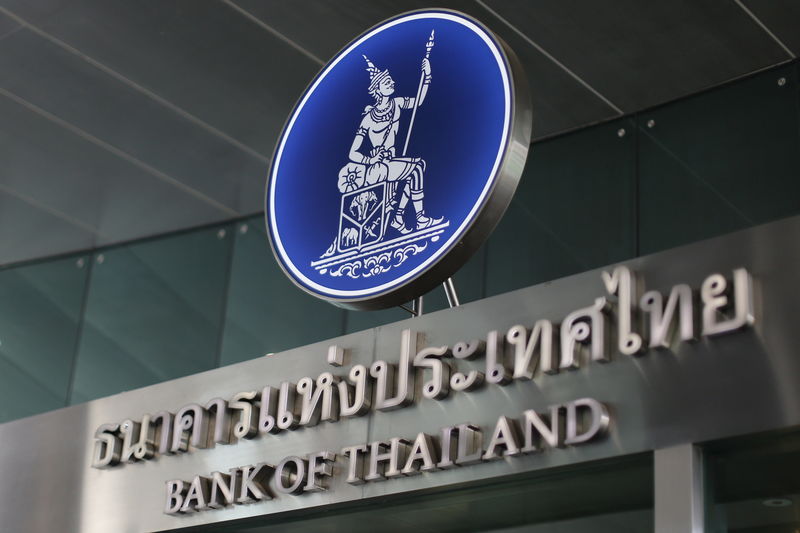By Kitiphong Thaichareon and Orathai Sriring
BANGKOK (Reuters) - Thailand's cabinet approved a stimulus package on Tuesday worth an estimated $12.7 billion to help alleviate the impact of the coronavirus epidemic on already-faltering domestic activity.
Thailand is heavily reliant on global demand but its exports have been hurt by global trade tensions, and tourism, which was a bright spot, is being hit hard by the outbreak.
Fifty-three coronavirus cases have been confirmed in Thailand and one person has died.
The package includes soft loans, a fund, and tax benefits for those affected by the outbreak. But there were no cash handouts for low-income earners and independent workers as previously announced.
The package is expected to inject about 400 billion baht ($12.74 billion) into the economy to get it get going, Lavaron Sangsnit, a senior finance ministry official, told reporters.
"We are ready to introduce more if necessary," he said.
The stimulus includes 150 billion baht of soft loans at 2% interest rates, plus another 30 billion baht of lending from the security fund at a rate of 3%, Finance Minister Uttama Savanayana told a news conference after a cabinet meeting.
The government will offer relaxed debt repayments and lower interest rates for businesses, while the central bank has also asked banks to help debtors, he said.
Withholding taxes for businesses will be reduced to 1.5% from 3.0%, and they will be offered 1.5-times tax deductions on interest rates, and 3-times tax deductions on wage expenses, Uttama said.
There will be support for utilities costs, and higher tax benefits from some long-term fund investments to boost the stock market (SETI).
The government will set up a 20 billion baht fund to help firms or workers affected by the coronavirus outbreak, and will exempt import duties on materials for making face masks, Uttama said.
"We think this will help but not sufficient to counter the rising negative COVID-19 impacts," said Charnon Boonnuch, economist at Nomura in Singapore.
Thailand's economy grew 2.4% last year, the weakest pace in five years. Growth this year is likely to be much lower, with Kasikornbank's research center predicting it at just 0.5%, the lowest since 2009.
(Graphic: Thai GDP and regional peers - https://fingfx.thomsonreuters.com/gfx/mkt/13/2187/2155/Thai%20GDP%20VS%20regional%20peers.png)
(Additioanl reporting by Satawasin Staporncharnchai; Editing by Catherine Evans) OLUSECON Reuters US Online Report Economy 20200310T120102+0000
